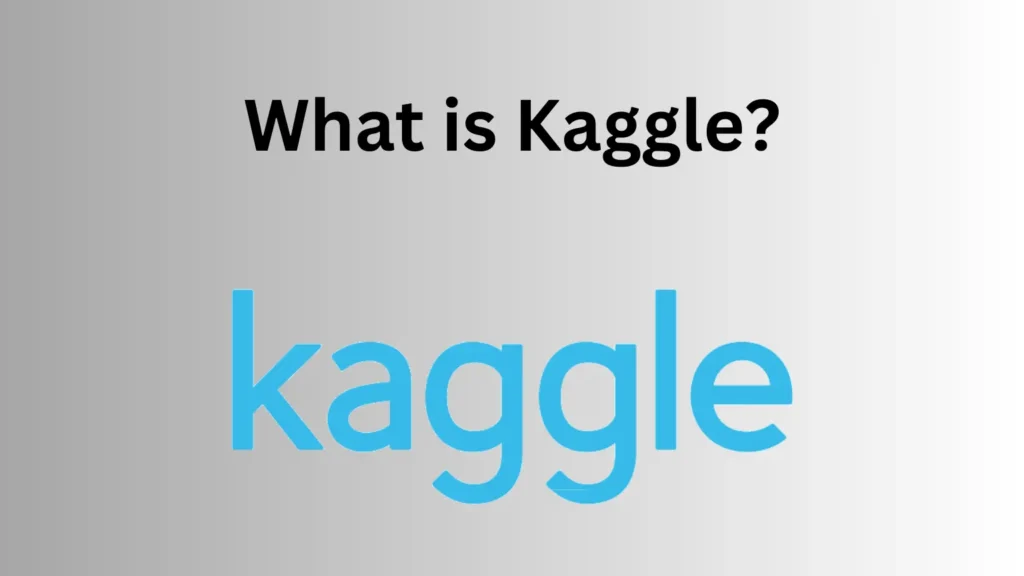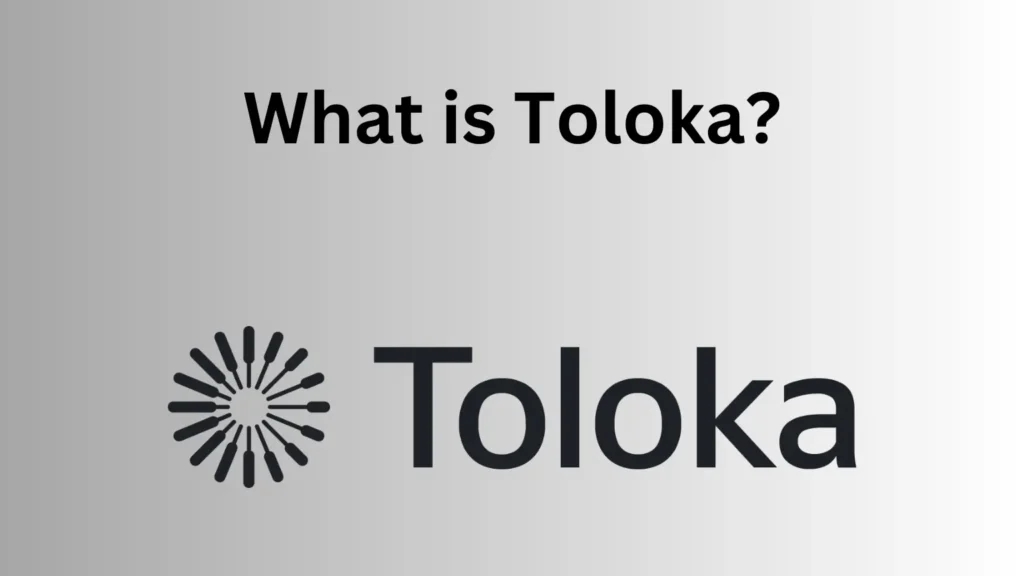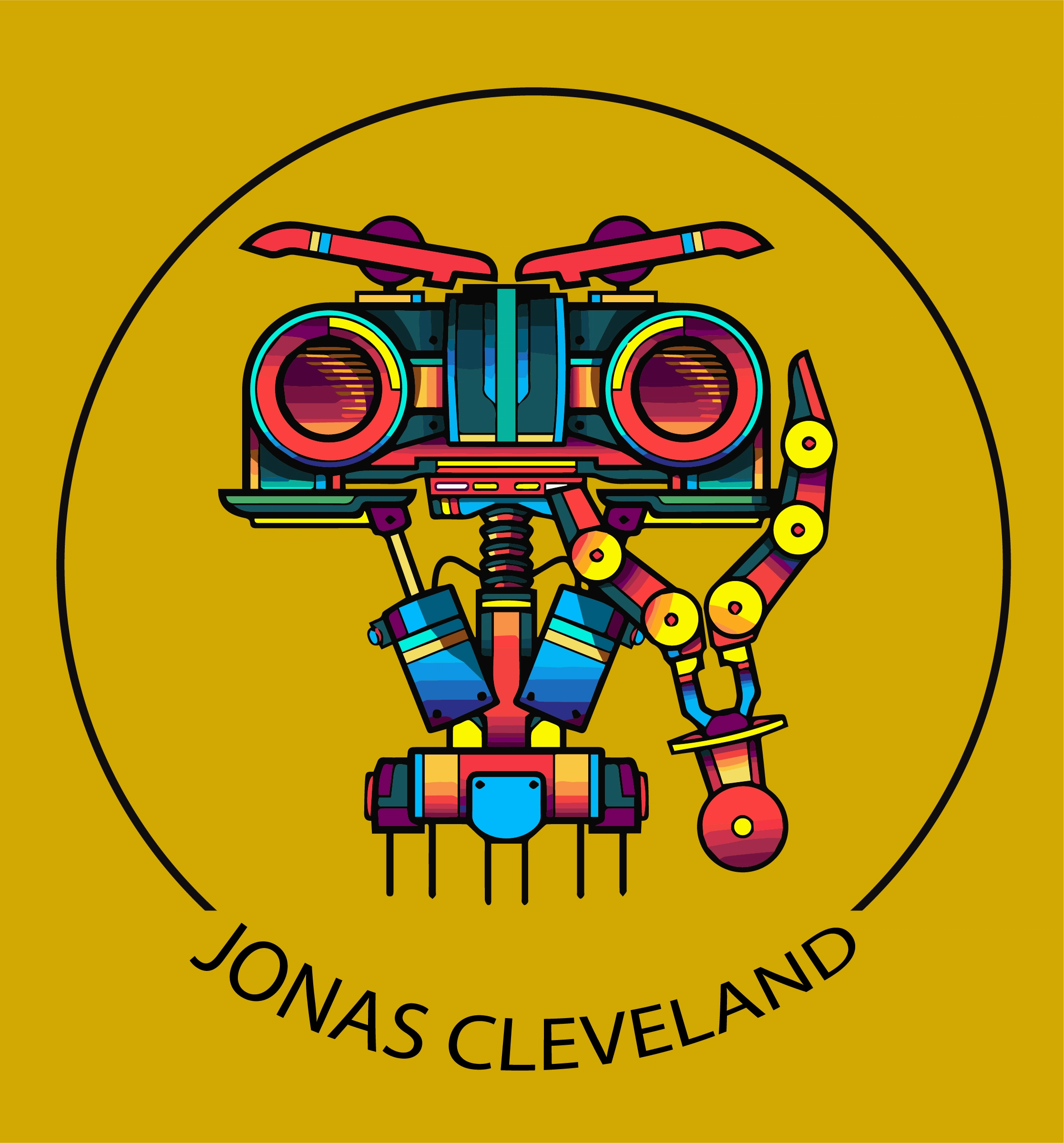What is Kaggle? Shining Light on its Features, Competitors, Pros, Cons and More

Kaggle is a popular online platform for data scientists, machine learning practitioners, and AI enthusiasts. It provides a wide range of tools, resources, and datasets to help users develop and test their skills and much more. Continue reading to get to know everything about kaggle. Background Story Kaggle was founded in 2010 by Anthony Goldbloom and Ben Hamner, with Nicholas Gruen as the founding chair. The platform was created to provide a space for data scientists to collaborate and compete on real-world data science problems. In 2011, Kaggle raised equity valuing the company at $25.2 million. In March 2017, Google announced that it was acquiring Kaggle, with Fei-Fei Li, Chief Scientist at Google, making the announcement during her keynote at Google Next. In 2022, founders Goldbloom and Hamner stepped down from their positions, and D. Sculley became the CEO. Target Customers Kaggle’s target customers are data scientists, machine learning practitioners, and AI enthusiasts. The platform provides a wide range of tools and resources to help users develop and test their skills, including datasets, tutorials, and forums. Kaggle also hosts real-world data science competitions, which allow users to compete against each other to produce the best models for a given problem. These competitions are sponsored by companies and organizations that are looking for innovative solutions to their data science problems. Featured Customers Kaggle has over 8 million registered users from 194 countries. Some of the featured customers on Kaggle include Microsoft, Two Sigma Investments, and CERN. Microsoft hosted a competition to improve gesture recognition for Microsoft Kinect, while Two Sigma Investments hosted a competition to code a trading algorithm. CERN hosted a competition to improve the search for the Higgs boson. What is Toloka? Know From Basic Uses to Advanced Insights Funding, Capital Raised, Estimated Revenue Kaggle has raised $16 million over three rounds of funding. Its latest funding round was an acquisition by Google on March 8, 2017. Kaggle’s valuation in November 2011 was $47.6 million. According to public sources, Kaggle’s estimated annual revenue is currently $223.4 million, with an estimated revenue per employee of $210,182. Products and Services Kaggle provides a wide range of products and services to its users, including: Competitors Kaggle’s main competitors are other online platforms that provide similar services to data scientists and machine learning practitioners. Some of the main competitors include: Pros and Cons of Kaggle Pros 1. Large community: Kaggle has a large community of over 8 million registered users from 194 countries. This community provides a wealth of knowledge and resources to users. 2. Real-world data science competitions: Kaggle’s real-world data science competitions provide users with the opportunity to work on real-world problems and compete against other data scientists. 3. Datasets: Kaggle hosts a large collection of datasets that users can access and use for their data science projects. Cons 1. Limited datasets: While Kaggle hosts a large collection of datasets, some users may find that the selection is limited for their specific needs. 2. Competition bias: Kaggle’s real-world data science competitions are sponsored by companies and organizations, which may introduce bias into the competition. 3. Limited support: Kaggle has limited support for users who are new to data science or machine learning. While the platform offers courses and tutorials, some users may find that they need more personalized support to get started.
What is Toloka? Know From Basic Uses to Advanced Insights

Toloka is a crowdsourcing platform that allows users to break tasks into micro-tasks and distribute them among a vast network of contributors. Explore its intricacies and see how it measures up to its rivals in the following analysis. Background Story Toloka is a crowdsourcing platform and microtasking project launched by Yandex in 2014. Yandex is a Russian multinational corporation that specializes in Internet-related products and services, including search and information services, eCommerce, transportation, navigation, and online advertising. Toloka was created to quickly mark up large amounts of data, which are then used for machine learning and improving search algorithms. The platform offers simple tasks that help improve algorithms used by modern technologies. With Toloka, users can earn rewards while contributing to the advancement of self-driving vehicles, smart web searches, advanced voice assistants, and eCommerce. Target Customers Toloka’s target customers are businesses and organizations that require large amounts of data to train their machine-learning models. The platform is designed to help these customers quickly and efficiently label their data, which is essential for training machine learning models. Toloka’s customers include companies in the fields of self-driving cars, eCommerce, voice assistants, and search engines. Featured Customers Toloka has a wide range of customers, including some of the biggest names in the tech industry. One of Toloka’s featured customers is Yandex, the company that launched the platform. Yandex uses Toloka to improve its search algorithms and other machine learning models. Other featured customers include Samsung, which uses Toloka to improve its voice assistant, and Lyft, which uses Toloka to improve its self-driving car technology. What is Datagen? From Features to Pros and Cons, Everything You Need to Know Funding, Capital Raised, Estimated Revenue Toloka has raised a total of $1.5 million in funding from one investor, Plug and Play Accelerator. The funding was raised in Toloka’s Incubator/Accelerator funding round. Toloka’s estimated annual revenue is currently $69.2 million per year. However, it is important to note that Toloka’s revenue is estimated to be less than $5 million. Products and Services Toloka offers a range of products and services designed to help businesses and organizations quickly and efficiently label their data. The platform offers simple tasks that can be completed by anyone, regardless of their technical expertise. Toloka’s products and services include: The platform also offers content moderation, field tasks, and optimization of internal business processes. Competitors Toloka has several competitors in the crowdsourcing and micro-tasking space. Some of Toloka’s top competitors include: Pros and Cons of Toloka Pros Cons
